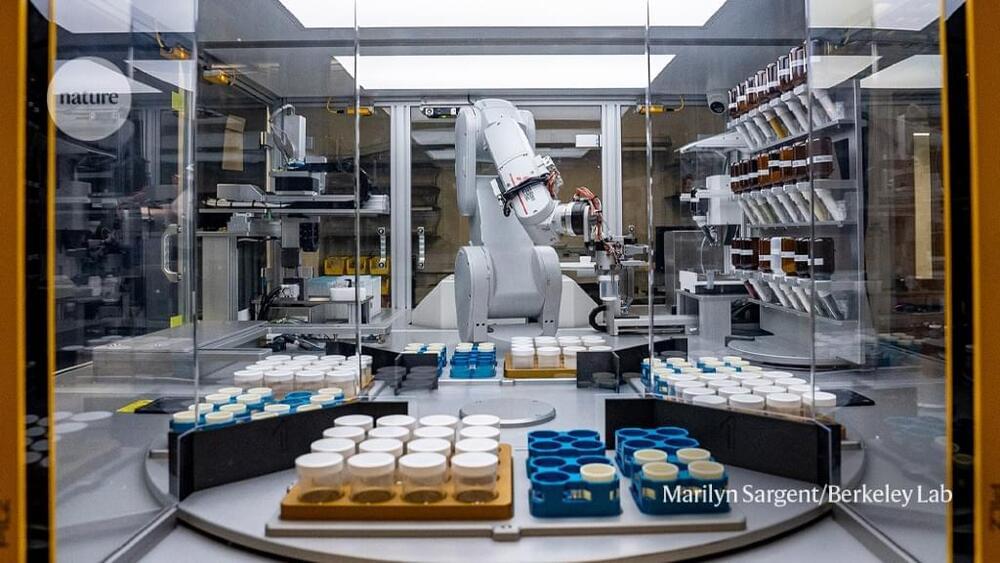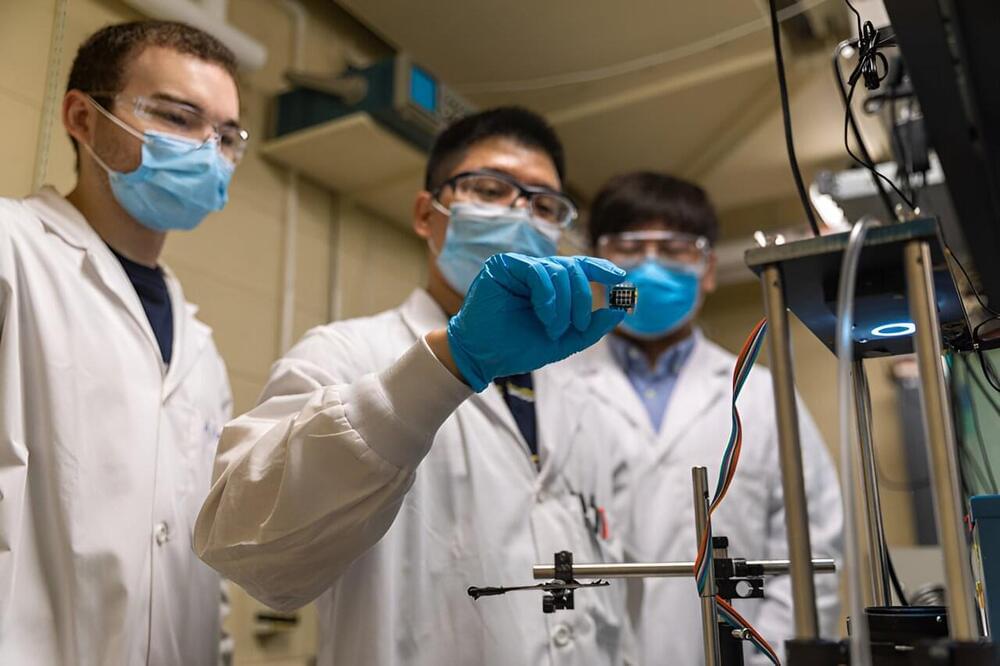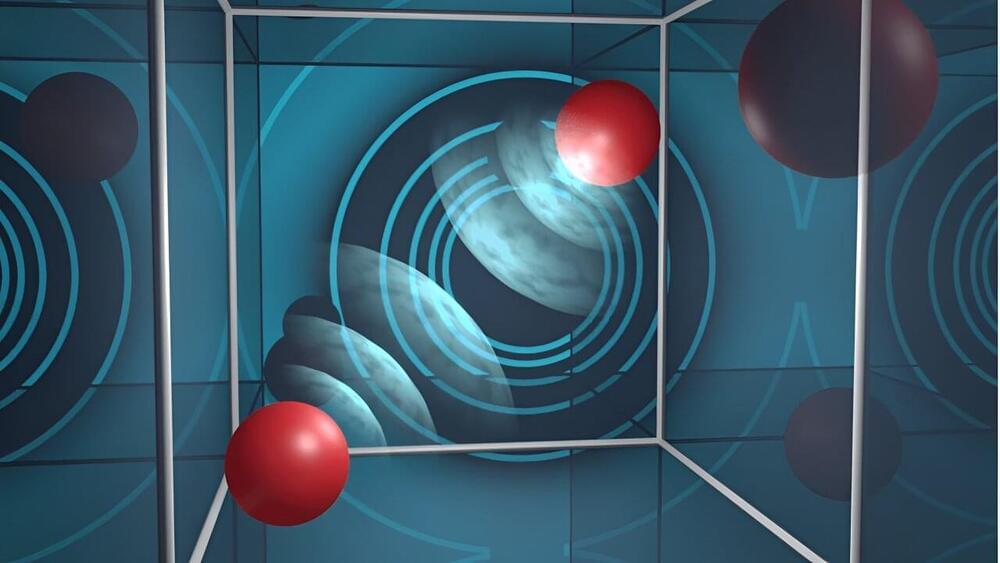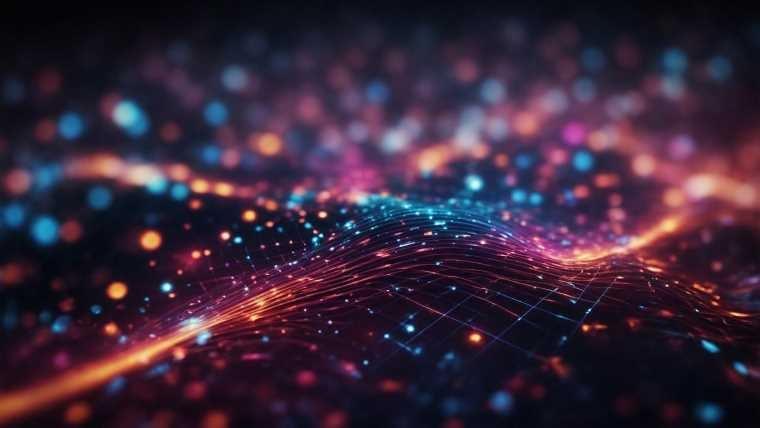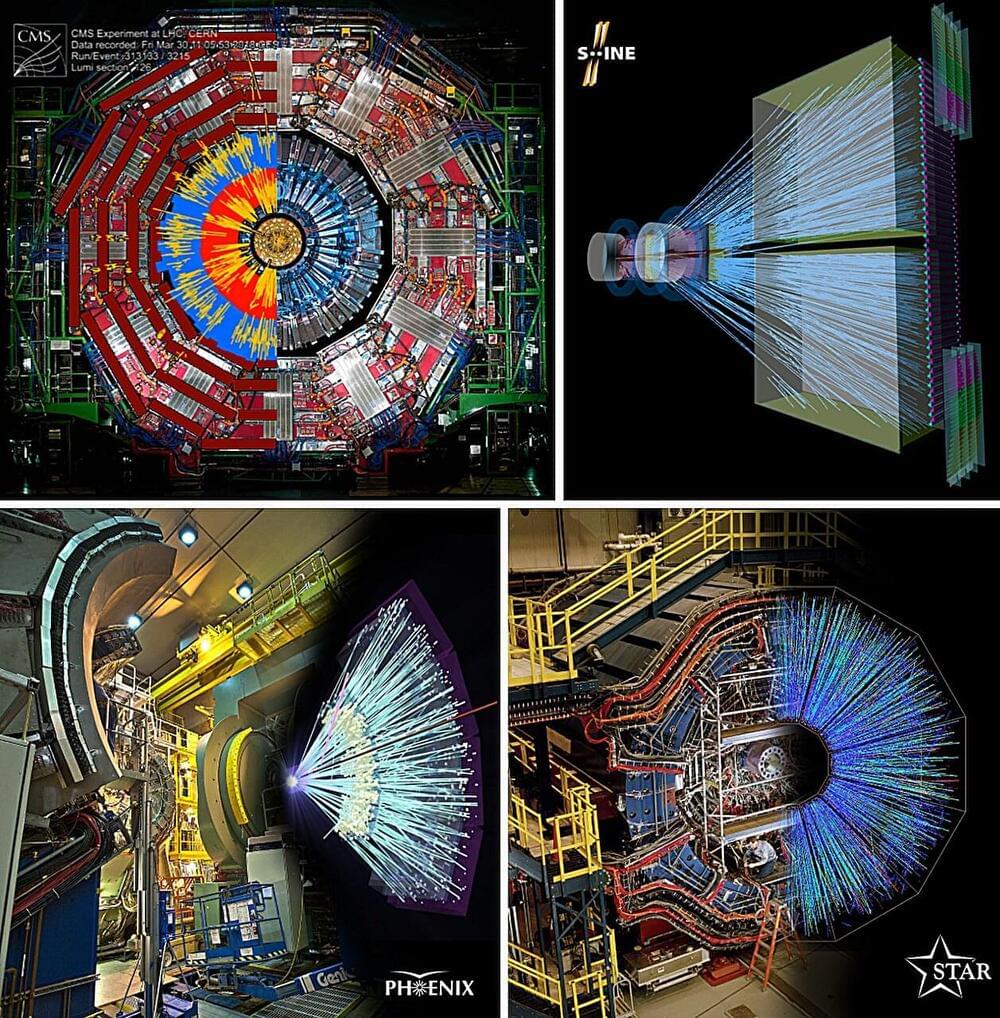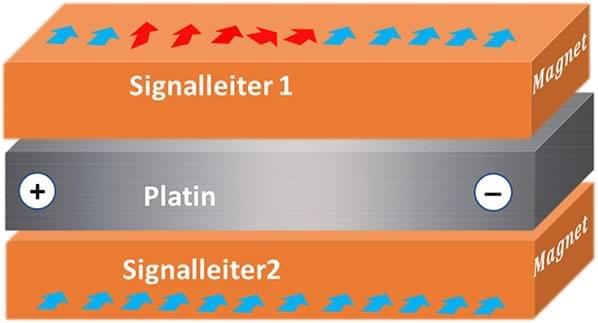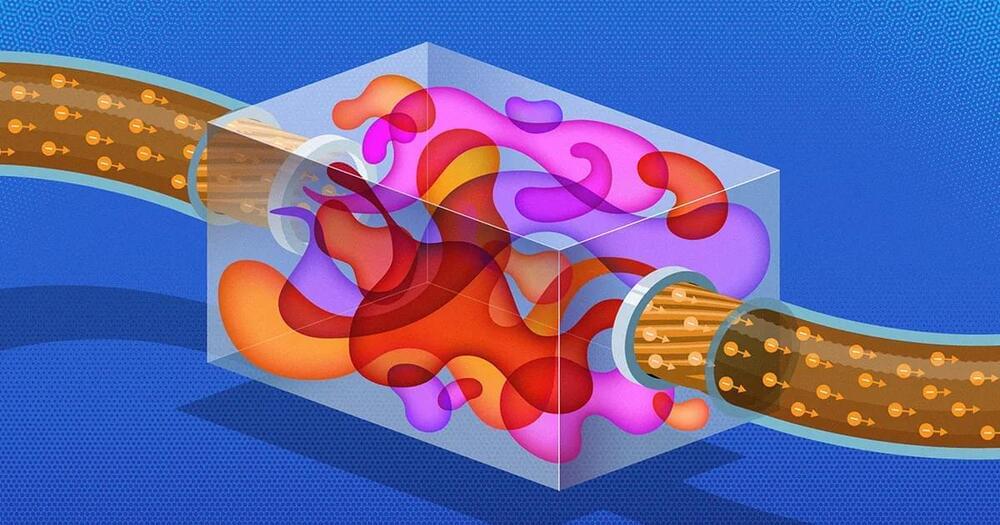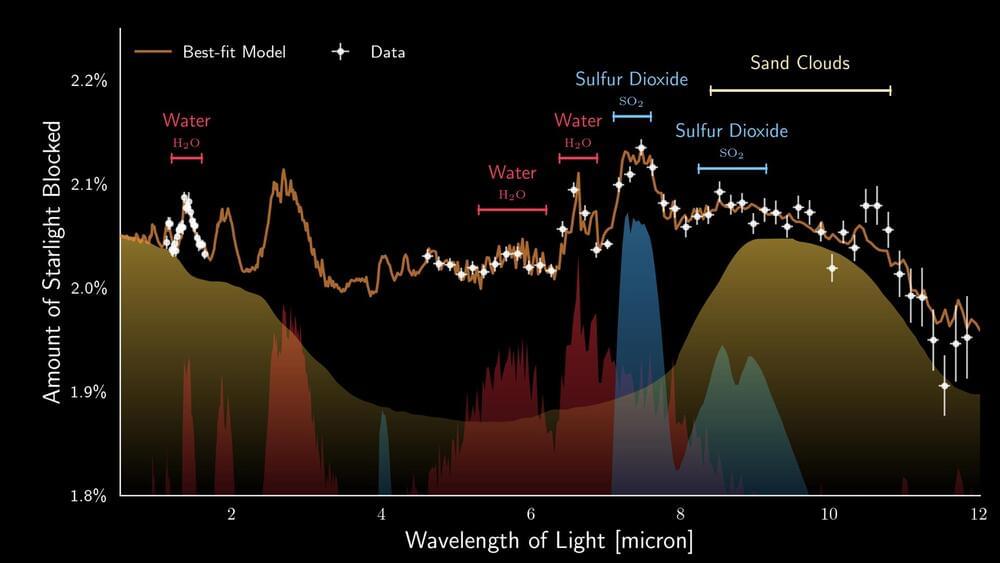Nov 29, 2023
ChatGPT for chemistry: AI and robots join forces to build new materials
Posted by Genevieve Klien in categories: chemistry, particle physics, robotics/AI
Over centuries of painstaking laboratory work, chemists have synthesized several hundred thousand inorganic compounds — generally speaking, materials not based on the chains of carbon atoms that are characteristic of organic chemistry. Yet studies suggest that billions of relatively simple inorganic materials are still waiting to be discovered3. So where to start looking?
Many projects have tried to cut down on time spent in the lab tinkering with various materials by computationally simulating new inorganic materials and calculating properties such as how their atoms would pack together in a crystal. These efforts — including the Materials Project based at the Lawrence Berkeley National Laboratory (LBNL) in Berkeley, California — have collectively come up with about 48,000 materials that they predict will be stable.
Google DeepMind has now supersized this approach with an AI system called graph networks for materials exploration (GNoME). After training on data scraped from the Materials Project and similar databases, GNoME tweaked the composition of known materials to come up with 2.2 million potential compounds. After calculating whether these materials would be stable, and predicting their crystal structures, the system produced a final tally of 381,000 new inorganic compounds to add to the Materials Project database1.
